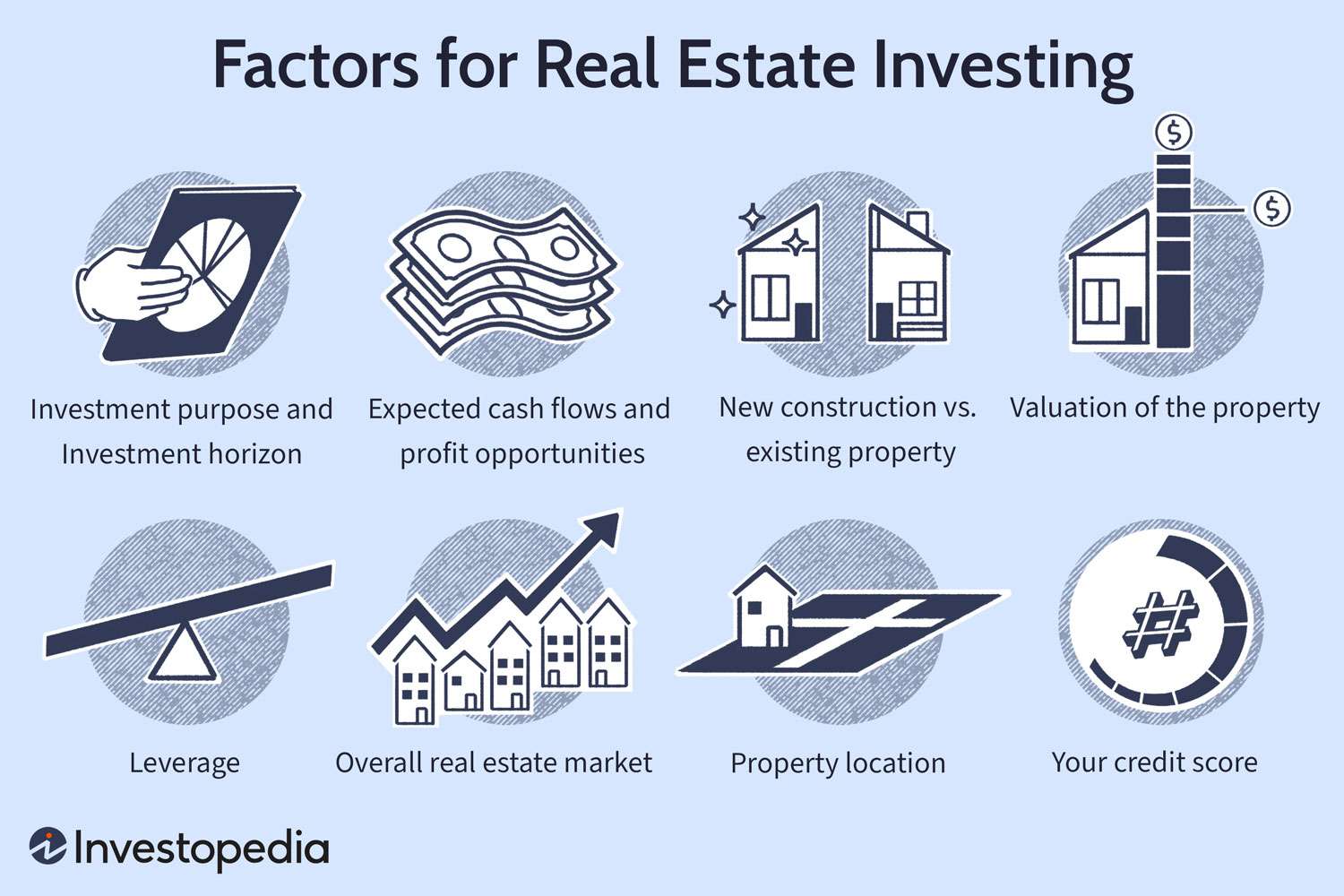
Rising Mortgage Rates: What It Means for Homeowners
As the housing market continues to fluctuate, major mortgage lenders like HSBC, Barclays, and NatWest are making moves that could impact homeowners across the UK. Recent inflation figures have prompted these lenders to increase their rates, sparking concerns about the future of interest rates and the Bank of England’s decisions.
In a surprising turn of events, HSBC, Barclays, and NatWest have announced rate hikes set to take effect imminently. HSBC is set to raise rates on various fixed-term mortgages starting tomorrow, with exact figures yet to be disclosed. Similarly, NatWest is following suit by increasing rates on selected two and five-year deals by 0.1 percentage points. Barclays, not to be left behind, is also adjusting rates, with some products seeing a 0.2 percentage point increase.
 Model wood house and piggy saving with safety key for the investment of real estate. Copy space for tax. Real estate Concept
Model wood house and piggy saving with safety key for the investment of real estate. Copy space for tax. Real estate Concept
The ripple effect of these changes extends beyond the major players, with smaller lenders like Accord Mortgages and the Co-Operative Bank also announcing adjustments to their rates. While some rates are climbing by up to 0.4 percentage points, others are seeing reductions of up to 0.07 percentage points.
The Impact of Swap Rates
Industry experts attribute these rate hikes to the surge in swap rates, a key determinant of fixed-rate mortgage costs. Swap rates, which rely on long-term forecasts of the Bank of England’s interest rates, have seen a recent uptick due to unexpected inflation trends and shifting predictions regarding future rate adjustments.
According to Nick Mendes of John Charcol brokers, the mounting speculation around a delayed bank rate reduction to August has reshaped market dynamics, potentially leading to a more conservative approach from lenders offering competitive rates.
Borrower Dilemmas and Market Uncertainty
Amidst these developments, borrowers find themselves in a state of flux, hoping for rate decreases that seem increasingly elusive. Aaron Strutt of Trinity Financial highlights the confusion stemming from mixed messages from the Bank of England, leaving many uncertain about the Monetary Policy Committee’s next move.
David Hollingworth from L&C Mortgages emphasizes the nuanced nature of these rate adjustments, suggesting that the expectation of rate reductions has already been factored into fixed rates. This delicate balance could result in further rate fluctuations, challenging the notion of a one-way trajectory for mortgage rates.
Looking Ahead
As the average two-year fixed mortgage rate hovers around 5.82%, and the five-year fixed rate stands at 5.4%, homeowners are bracing for potential shifts in the market. While rates were notably lower earlier in the year, recent adjustments indicate a more complex landscape ahead.
Stay tuned as the mortgage market navigates through these turbulent times, with homeowners and lenders alike adapting to evolving economic conditions.















